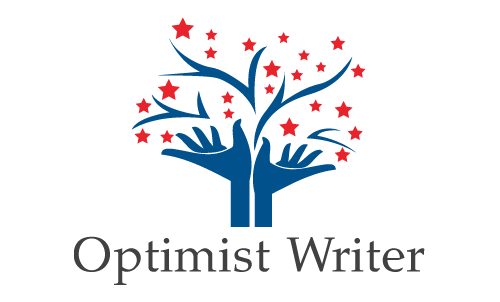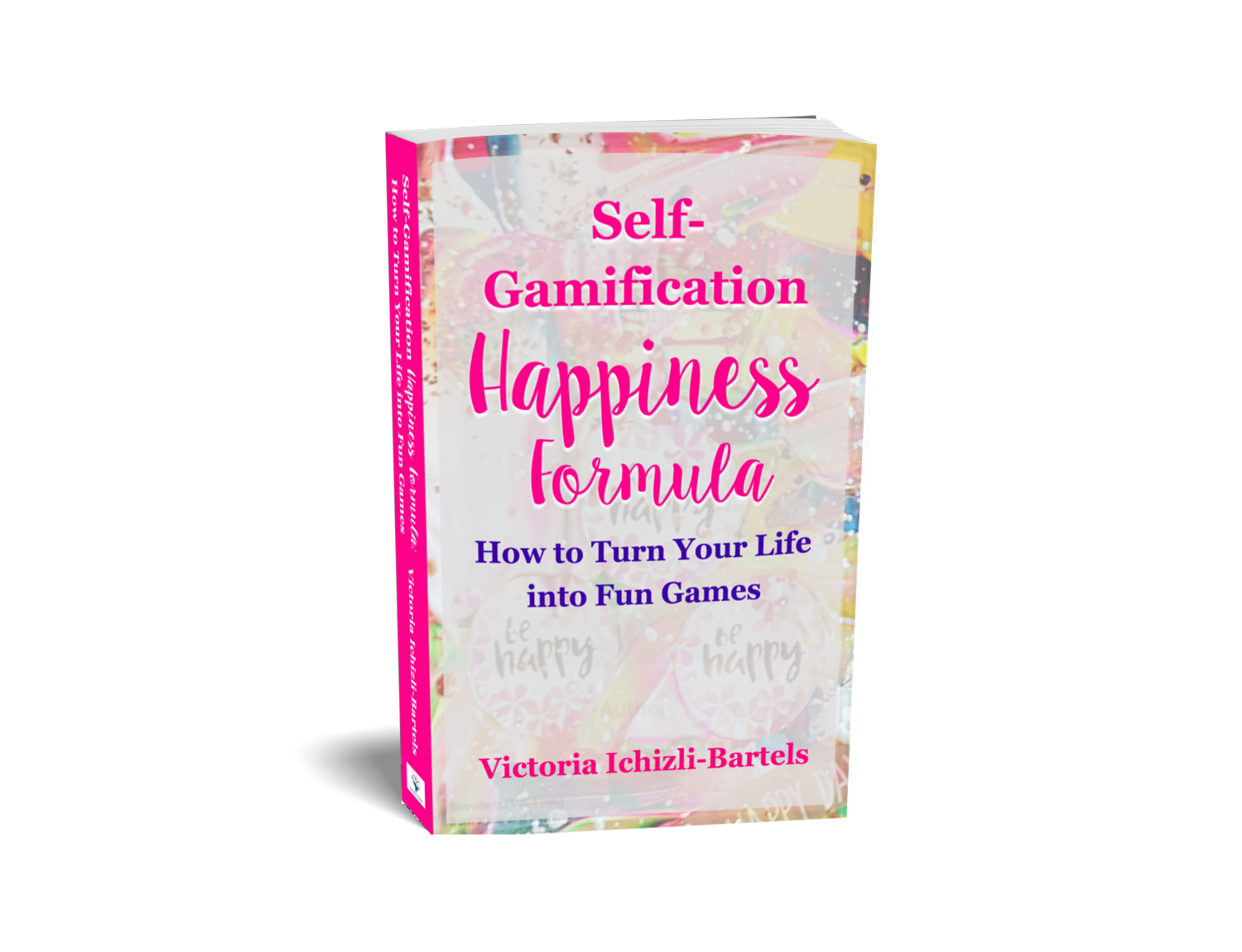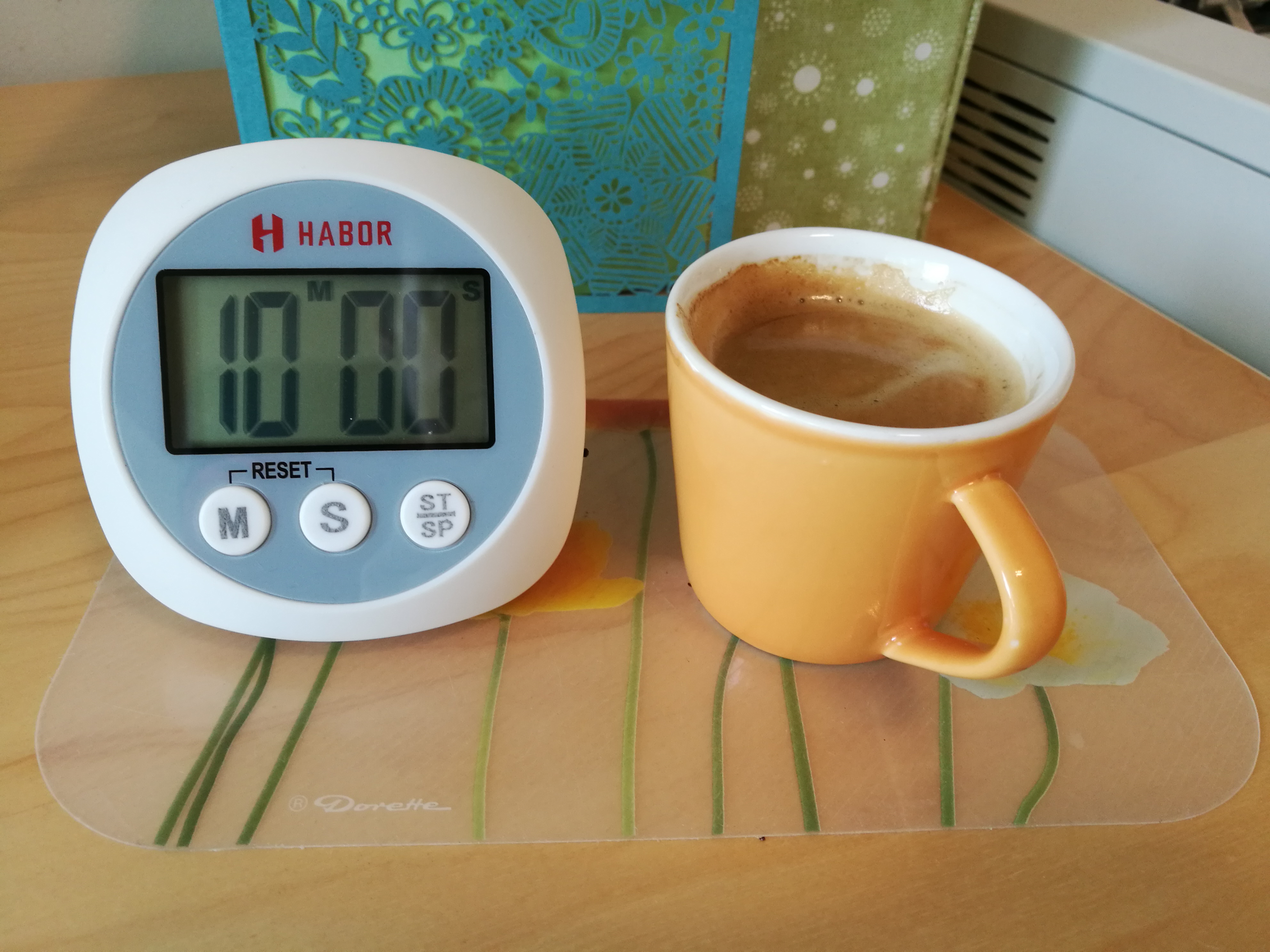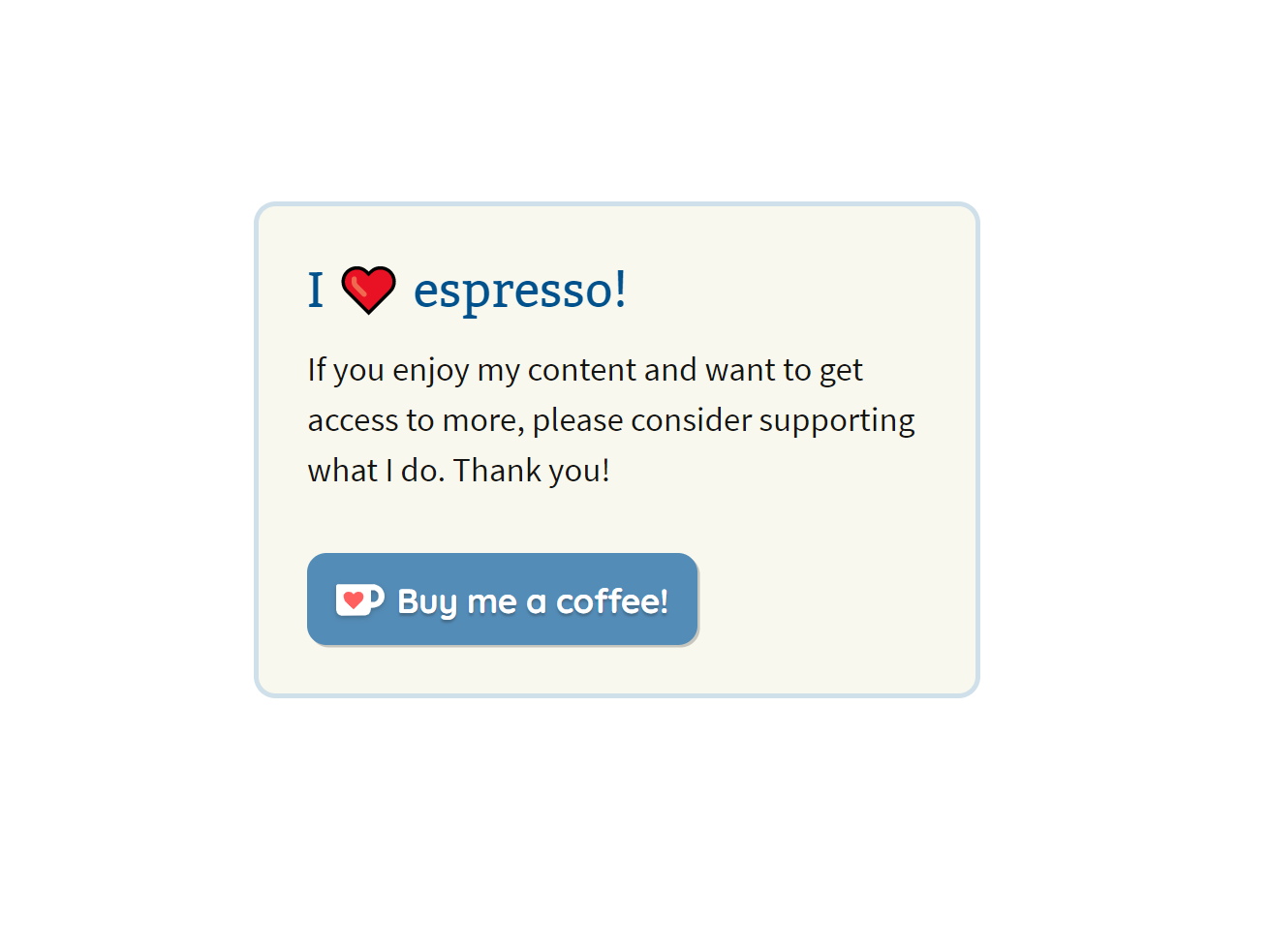Reading time: 5 minutes
When we teach something, we often contemplate and report about our experience with the subject at hand.
I might be the first person to use and define the terms “Gameful Project Management,” “Self-Gamification,” and “Self-Motivational Games.” But this is not the sole reason why I think I am qualified to talk about turning project management (or anything else) into fun games.
Let’s consider my experience with game-related topics and project management, one after another.
Why am I qualified to teach turning anything into games?
My “serious” interest to games, game design, and gamification started only a couple of years ago.
The first time I turned anything consciously into a game was only five years ago. It was before I heard the word gamification, and before I started reading books on game design and game thinking.
I am a non-gamer without any qualifications in software, game, or gamification design, nor in psychology. I may well be the first person of this kind to explore gamification and apply it to herself. And to teach it.
My lack of a game-design background is, in fact, an advantage. Because if I can turn my life into fun games without having studied gamification or psychology in detail, then so can you.
I believe my primary qualification for explaining and teaching Gameful Project Management and Self-Gamification is the enormous fun I have had turning my life into games; experiencing happiness multiple times every day while doing so; and never wishing to stop designing and playing my self-motivational and uplifting games.
My experience with project and team management
My first experience with project and team management goes much further back to my school years in the former Moldovan Soviet Socialistic Republic. It started with managing sewing projects for girls younger than me and help them sew various things for their dolls. I organized our meetings, made sure I had some extra material and tools with me. And I taught them how to do it. My skills were quite elementary, so I often needed a “consultant.” And my mom took this role happily on.
I was also the head of Oktiabrionok, Young Pioneer, and Komsomol* groups first in my class, and later in the whole school, I was attending.
I don’t remember leading any teams during my university years, but there were many projects to take care of both at home (helping my mom and my sister, after my father’s death) and for my studies.
After several years of work as a researcher at the Institute of High-Frequency Electronics of the Technical University Darmstadt, I was appointed as the coordinator of our laboratory and its clean-room. Since then I lead small and large teams, both within a single organization and a global working group of an international community (the latter for almost twelve years).
The projects I managed or helped managing varied from small, through medium, to large, both for the private sector, but also for such organizations as ESA, NATO, and German and other Defence organizations.
Today I manage various projects at home and for my business. The teams for these projects involve my family and entrepreneurs who help me with my book and online course projects and also help me with navigating marketing and publicity world.
Even if I had such a colorful and long-range of experience with project and team management, I am still an unofficial project manager**, meaning that I never had formal training in project management.
The closest (but still quite remote) that came to such a formal training was summer came with training courses for schoolchildren who volunteered as heads of their Komsomol* school committees in Moldova during Soviet times. It was fun to recall those times. I must say that among others, I learned many soft-skills there that still make sense and are also taught today all over the world.
Apart from that, I participated in training courses on disciplines and tools that had to do with the project and organizational management. Examples are SAP*** and S1000D****.
I also taught numerous S1000D training courses, including the topic of Business Rules, which are the knowledge base of all decisions (many hundreds of them) on how to implement this international specification for technical publications.
I also lead various teams as well as the Business Rules Working Group (BRWG) of the S1000D community (the latter, as mentioned for almost twelve years). I am still a member of this group. BRWG is responsible for developing concepts for S1000D implementation and S1000D project management.
Required by the art of my work, I also studied various technical standards, such as ISO***** necessary for establishing quality assurance processes in a semiconductor device production environment, as well as the development of software documentation.
Now, as I write a book that deals with project management, I reach out to my currently favorite teachers — books (and sometimes articles) — to learn more about this multi-dimensional discipline.
I did read books on project and time management in the past. But now, after having been turning my life into fun games for several years, I have become aware of something in the most of the resources on project management, of which I haven’t been aware before.
I will share with you what that is in the following blog post (“Gameful Project Management and Its Focus on Success instead of Failures”).
References:
*
- Oktiabrionok: “октябрёнок oktiabrionok (child between the ages of seven and eleven, in the first stages of Communist training).” — https://en.wikisource.org/wiki/Page:Dictionary_of_spoken_Russian_(1945).djvu/397
- Young pioneers: https://en.wikipedia.org/wiki/Vladimir_Lenin_All-Union_Pioneer_Organization
- Komsomol: https://en.wikipedia.org/wiki/Komsomol
** “If most of your work time is spent on projects and you’ve never been exposed to formal project management training, you are an unofficial project manager.” — Kory Kogon, Suzette Blakemore, James Wood, Project Management for the Unofficial Project Manager
*** SAP: www.sap.com
**** S1000D: www.s1000d.org
***** ISO: www.iso.org
If you want to learn more:
Sign up to Optimist Writer’s Blog to follow the Gameful Project Management series.
Check out my coaching and consulting services to work directly with me.
Take a look into my book Self-Gamification Happiness Formula.
Go to this link for the list of all resources I offer on Self-Gamification.



